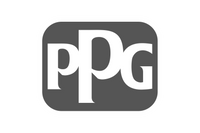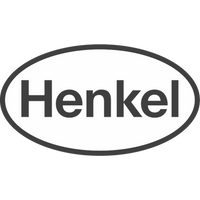Testing Stability of Your Cosmetic Formulation
Package Includes
6 months access to Course Recording, Presentation Slides, Q&A Transcript
Course Description
Ensure your new or revised formula meets chemical, physical, and microbiological quality standards. Confidently eliminate unstable batches by optimizing your cosmetic product testing—(stress testing, microbial testing, accelerated & long-term stability). Organize and combine tests effectively to identify formulations that pass faster!
Eric Abrutyn will discuss how to achieve reliable results (what test, in which conditions…) & how to assess the impact of external factors (packaging, transport…) on end-product stability.

Eric Abrutyn
TPC2 Advisors Ltd.Participants of this course includes




Why should you view this course?
Who should join this course?
-
This course is suitable for beginner level proficiency
Beginner

